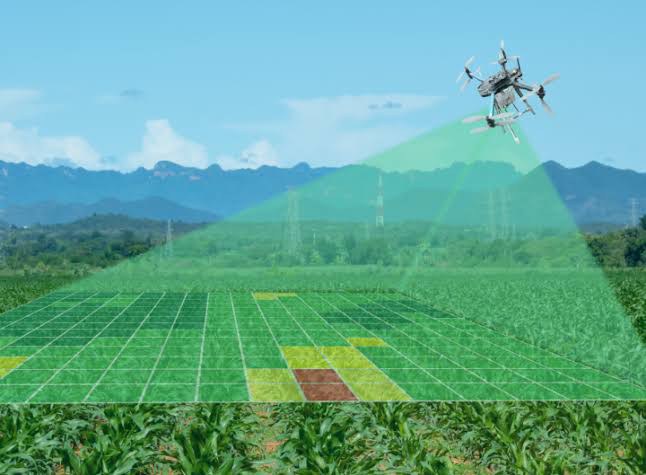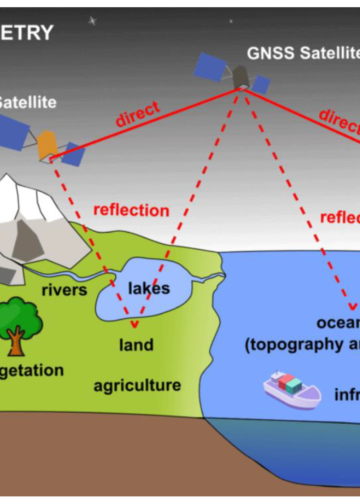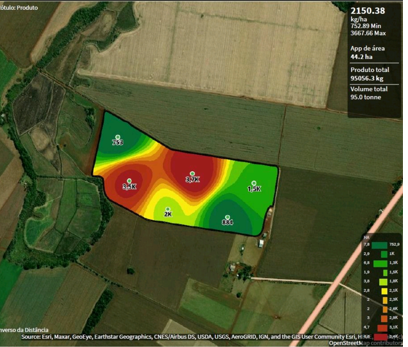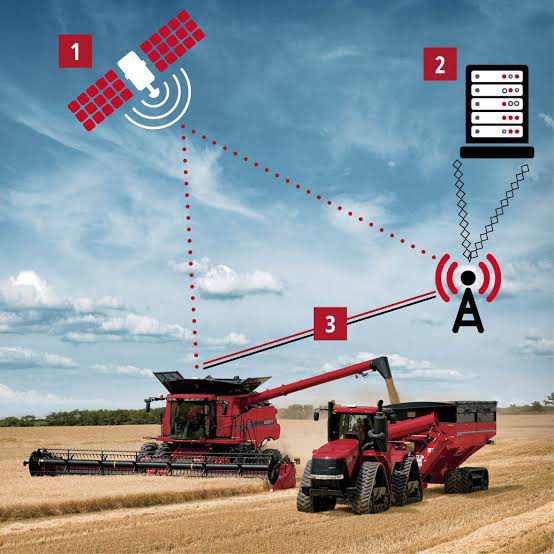Demystifying Precision Agriculture
Many farmers strive to reduce costs while increasing productivity in their quest to become top farmers. This is a major reason why every wise farmer should embrace the concept of precision agriculture.
I will try and put this in the simplest way possible; Precision agriculture is the approach to farming where crop and soil receive the exact amount of inputs where it is needed such that inputs are minimized while the productivity or yield is maximized. This is achieved through the use of information technology (IT) Internet of Things (IoT) and big data science among other state-of-the-art technological advancements.
The advancements in global positioning systems (GPS) have greatly revolutionized precision agriculture. GPS is actually considered the backbone of precision agriculture. GPS has enabled the development, advancement, and widespread use of systems such as auto guidance and auto steering in farm machinery. (Demystifying Precision Agriculture)

Modern farm machinery is fitted with various kinds of devices that enable the farmer to seamlessly perform precision farming. Such devices include displays fitted within the cabin, steering units used in steering the farm machinery automatically, antennas used in receiving guidance signals (GPS, GNSS, rtk, etc) used in guidance and steering, and control modules among others.
Farm implements have also been advanced with regard to fitting into precision agriculture. Farm implements such as sprayers, planters, spreaders, etc come with advanced technological capabilities that ensure precise and efficient use of inputs.
Demystifying Precision Agriculture
Features such as Variable Rate Control, Section Control, crop health monitoring, and implement auto height among others are fitted on the implements.
There are several players in the field of precision agriculture each striving to be as accurate, precise, and efficient as possible. Although most of these technologies are developed and distributed by OEMs (original equipment manufacturers), there are several other independent players who solely develop and distribute the technologies to the clients directly.

Such independent developers include manufacturers such as Trimble and Fjdynamics. They create technology that can be retrofitted into any farm equipment and distributed to farmers.
Research shows that precision agriculture improves productivity by up to 45% as compared to conventional farming. With precision agriculture, concepts such as controlled traffic (minimizing compaction in the farm by limiting the area used by machinery movement), zero tillage, and minimum tillage.
“The only sustainable way of practicing agriculture in the 21st century is through practicing precision agriculture”, Jefferson.










